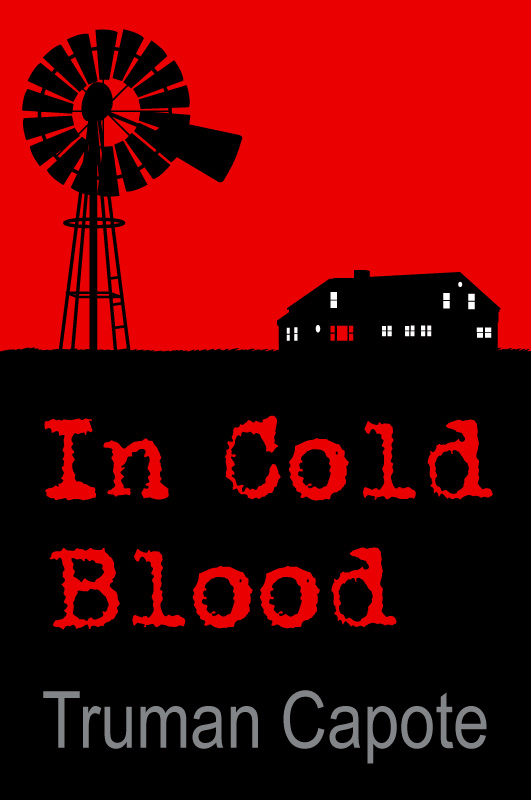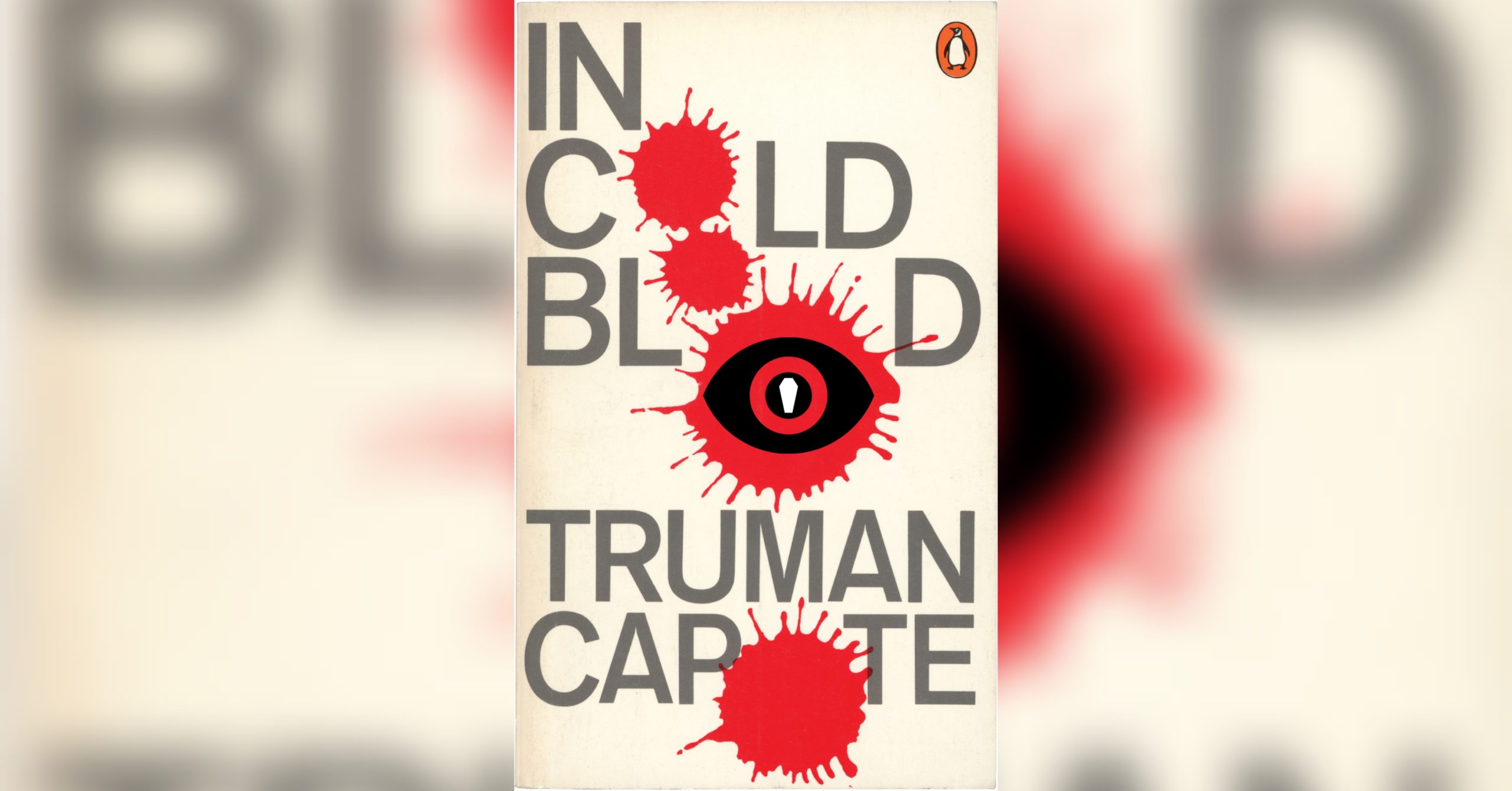
In Cold Blood (1965) is a book written by Truman Capote, who was then known as a fiction author (see: Other Voices, Other Rooms [1948] and Breakfast at Tiffany’s [1958]). The book itself tells the story of the Clutter family, who were brutally murdered in 1959 by Richard Hickock and Perry Smith in a botched overnight robbery. From there, it goes on to cover the various travels of the murderers before being caught in Las Vegas, the detective work on the case, and the eventual trials and executions for the killers.
Though, what’s truly infamous about this book is that it’s well known for starting the phenomenon of exaggerated true crime stories that we still have around today. At first, Capote only intended for In Cold Blood to be a news article’s length, and journalism requires some level of exaggeration to catch the eyes of readers (Ralph F. Voss, 2011). However, his interest (or grim fascination) led him to creating a long-form article of sorts, packed full of half-truths.
However, In Cold Blood isn’t the only case that sensationalized true crime to levels that we see today — it was only the first. For example, Ted Bundy’s trial being shown on live television was unfortunately a massive hit with viewers. The audience wants to feel as if they’re helping to solve the case, leaving several tips to police stations that often were conspiratorial, rather than helpful. We would see this again play out in cases such as JonBenét Ramsey as many came up with different theories on who murdered the young girl, particularly targeted at members of her grieving family. This shows the harmful effects of playing detective at home and accusing those of murder without solid and indefinite proof.
Television networks and streaming services have a monetary incentive to produce true crime content. However, with this often comes the blurred lines of whether the content should be published in the first place or not. Often, one problem that comes with true crime is if the family member’s of the victim even want a film or series to be made. Even without their permission, however, content is still published.
Horrific murders typically against women are packaged in a neatly-fitting televised narrative that lifts up murderers to minor celebrities and barely touches on the victims and their families (Dancyger, 2019). We see this trend of romanticizing killers happening with Zac Efron being casted to portray Ted Bundy in Extremely Wicked, Shockingly Evil and Vile. Or maybe you’ve encountered the disturbing Tumblr blogs praising and romanticizing Richard Ramirez also known as the “Night Stalker.” There is also the idea some people have of “re-imagining” a murder such as with The Haunting of Sharon Tate, which was disgusting and lacked both humanity and sensitivity to the tragedy.
Monetary incentives are also available to individual content creators. One year after In Cold Blood was published, Capote had earned an estimated $2 million in book sales alone (Ralph F. Voss, 2011). While there’s no real saying how his money was spent, it probably wasn’t used to help the Clutter family. In modern times, true crime podcasters and YouTubers are typically demonetized by their respective platforms, but are more often than not sponsored by VPNs or home security devices (Schaltegger, 2020, We’re In Hell, 2020).
Overall, we encourage those who listen to true crime often to consider the ethical aspects of the content. It’s often observed that people who listen to this style of content often can tend to think crime rates are higher than they actually are, leading to a type of paranoia being perpetuated (Wiltenburg, 2004). It’s often not the events themselves that create this fear, it’s whoever can frame the situation into something headline-worthy.
When I was a sophomore in high school, I was assigned to read In Cold Blood. This was the beginning of my interest in true crime, from there, I ended up watching countless YouTube videos from Eleanor Neale and JCS – Criminal Psychology, binge-listening to different podcasts along the way, too. The thing is, when I was younger, I didn’t want to acknowledge the ethical elephant in the room; was consuming true crime content okay? Of course, there’s never just one answer to these types of questions, so let’s look at how this genre has affected the world, victims and their families, the criminals, and of course, the consumers. –Misha
Misha introduced me to In Cold Blood. However, my interest in true crime started at a young age as my mom often watched Forensic Files at night. I was fascinated with the cases when I was younger and would frequently research different famous true crime stories. My fascination with true-crime at that point of my life had not acknowledged the different problematic aspects that came with this hobby. The romanticization of the killers by the media and fans, the dramatizations of facts, and how grieving families were made to relive their loved ones killings. Being part of a capitalist society means being ethically aware of any content you purchase or view and as true crime viewers that means demanding more ethical standards for how true crime books and media is handled. – Jeffrey
